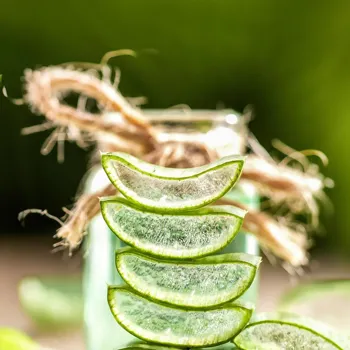Unveiling the Timeless Secrets of Skincare: Ancient Wisdom to Modern Marvels. Dive into the captivating journey of skincare evolution!
Namaste, readers! Ever wondered about the secrets behind glowing skin?
Well, ditch the Instagram filters for a bit, because we're diving deep into the fascinating history of skincare products. Believe it or not, the quest for flawless skin isn't a modern obsession.

Our ancestors, from the ancient Egyptians to the Indus Valley civilization, were just as keen on keeping their skin healthy and radiant. So, let's embark on a journey through time and explore the evolution of skincare, from traditional remedies to the high-tech formulations we see on shelves today.
Get ready to be surprised, because the story of skincare is richer and more intriguing than you might think.
Ancient civilizations valued natural skincare using herbs and oils
The ancient world was a treasure trove of natural remedies and skincare rituals. The Egyptians, known for their opulent lifestyle, were pioneers in cosmetics and skincare.
Cleopatra, the iconic queen, was famous for her beauty regime, which included milk baths, honey masks, and the use of kohl for eyeliner. They also used aloe vera for its soothing properties and fragrant oils for moisturizing and protection from the harsh desert sun.
The Greeks and Romans, too, valued personal hygiene and developed skincare routines using olive oil, honey, and herbs. They understood basic concepts of moisturizing and cleansing, laying the foundation for future advancements.
In the Indian subcontinent, Ayurveda, the ancient science of life, emphasized holistic well-being, including skincare. Ingredients like turmeric, sandalwood, and neem were used for their healing and beautifying properties.
These natural ingredients are still revered and used in skincare products today.
Skincare evolution in Middle Ages, Renaissance influenced by beliefs, art, beauty, but risky
Moving into the Middle Ages and the Renaissance, skincare practices continued to evolve, although often influenced by prevailing beliefs and social norms. Herbal remedies remained popular, and apothecaries played a crucial role in formulating and dispensing skincare products.

During the Renaissance, with its emphasis on art and beauty, cosmetics became more elaborate, with skin-lightening treatments gaining popularity. However, these treatments often involved harsh ingredients like lead, which were detrimental to health.
The pursuit of beauty sometimes came at a cost, highlighting the need for safer and more effective skincare formulations. Despite the risks, experimentation continued, paving the way for future scientific advancements in skincare.
Scientific advancements in skincare during the 18th and 19th centuries transitioned from natural remedies to refined formulations
The 18th and 19th centuries witnessed significant strides in scientific understanding and the development of new skincare products. The Industrial Revolution led to the mass production of soaps and creams, making them more accessible to the general population.
Chemists began to isolate and identify active ingredients in natural substances, leading to more refined formulations. Sun protection started to be recognized, with parasols and bonnets used to shield the skin from the sun's harmful rays.
While the understanding of skincare was still rudimentary compared to today, these developments marked a turning point, transitioning from purely natural remedies to more scientific approaches.
20th-century skincare innovations: vitamins, sunscreen, synthetics, marketing shifts
The 20th century ushered in an era of rapid innovation and scientific breakthroughs in skincare. The discovery of vitamins and their role in skin health led to the incorporation of vitamins A, C, and E into skincare products.
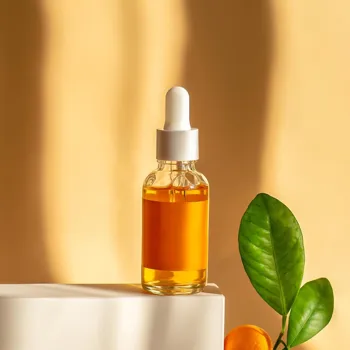
Sunscreen became more widely available, thanks to research on ultraviolet radiation and its effects on the skin. The development of synthetic ingredients like retinol and alpha-hydroxy acids (AHAs) revolutionized the treatment of wrinkles and other signs of aging.
Marketing and advertising played a significant role in shaping consumer preferences, with brands emphasizing scientific endorsements and celebrity endorsements. The focus shifted from basic cleansing and moisturizing to addressing specific skin concerns like acne, pigmentation, and aging.
Skincare industry thrives on tech, personalization, eco-focus, and innovation
Today, the skincare industry is a multi-billion dollar global phenomenon, driven by continuous research and technological advancements. We have access to a mind-boggling array of products, from serums and essences to masks and peels, formulated with sophisticated ingredients and technologies.
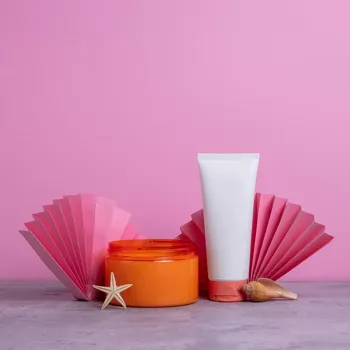
Personalized skincare is becoming increasingly popular, with diagnostic tools and algorithms used to identify individual skin needs. The focus on sustainability and ethical sourcing is also growing, with consumers demanding eco-friendly and cruelty-free products.
The future of skincare is likely to be even more personalized, with innovations in gene editing and regenerative medicine potentially revolutionizing the way we approach skin health.
From ancient remedies to cutting-edge science, the journey of skincare continues to evolve, driven by our enduring desire to look and feel our best.
Natural herbs in skincare; Turmeric for brightening skin
The use of natural herbs in skincare products has been a staple for centuries, and their popularity continues till today. These are used in cleansers, toners, creams, masks and sun protecting lotions. Turmeric is well known for brighting skin in India.
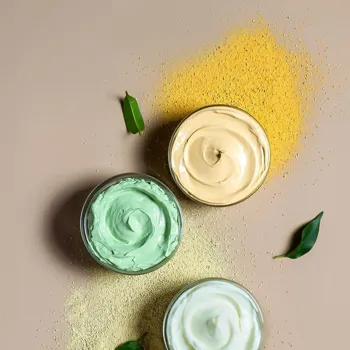
Sandalwood in skincare fights acne and wrinkles in India
Sandalwood is a traditional ingredient in India for its soothing and anti-inflammatory properties. It is used in face packs, soaps and creams to combat acne and promote a clear, even complexion. This is good to reduce wrinkles.
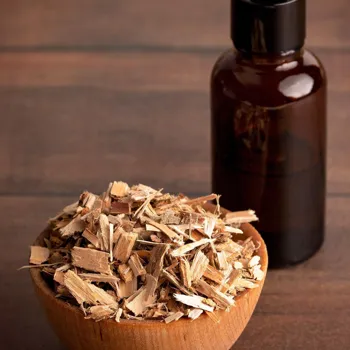
Neem: Natural remedy for acne and skincare
Neem is known for its anti-bacterial properties and is often used to treat acne and skin infections.. It is found in cleansers, toners and spot treatments and this is a great addition to skincare. This cures dry skin.
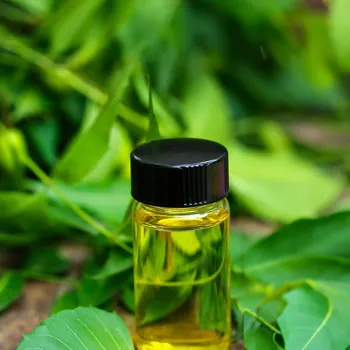
Aloe vera soothes and hydrates skin, aids in healing sunburns
Aloe vera is popular for its moisturizing capabilities and healing abilities. It is used in sunscreens, moisturizers and after sun lotions to soothe and hydrate the skin. This also helps to calm sunburns.
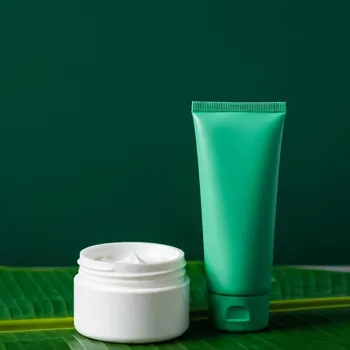
Honey hydrates skin in masks and cleansers
Honey is a natural humectant that draws moisture to the skin. That is how it makes skin look supple and well hydrated. It is used in face masks and cleansers to clean and maintain moisture.
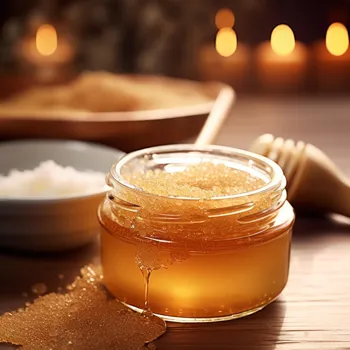
Cucumber skincare benefits include hydration, cooling, and calming properties
Cucumber has cooling and hydrating properties. It is used in eye creams, toners and masks to reduce puffiness, brighten the skin and provide a refreshing feel. It calms irritated skin.
